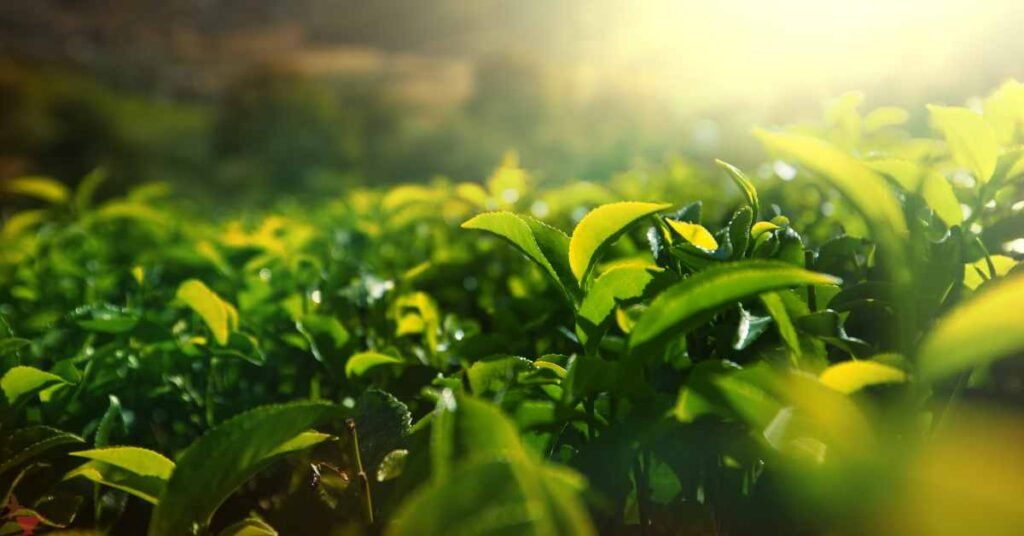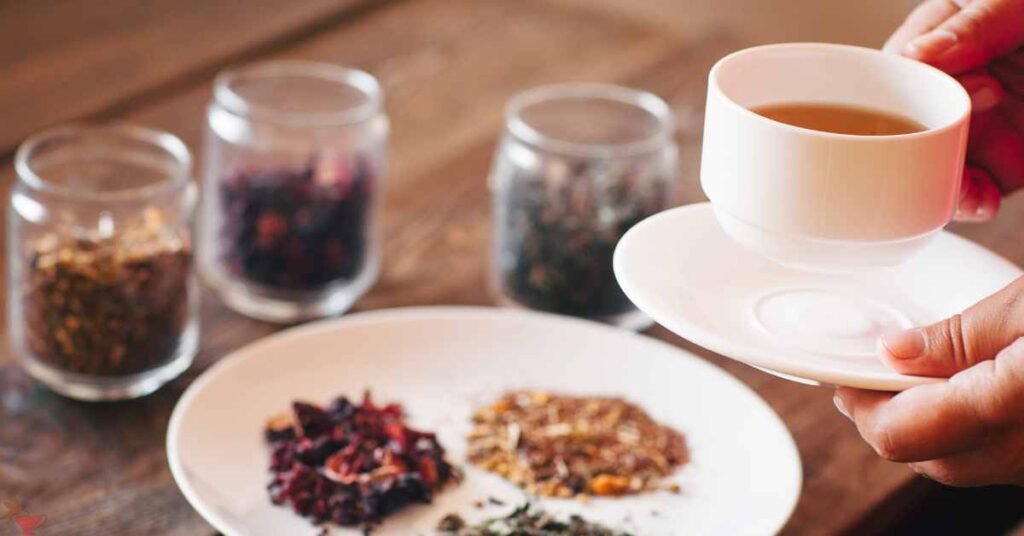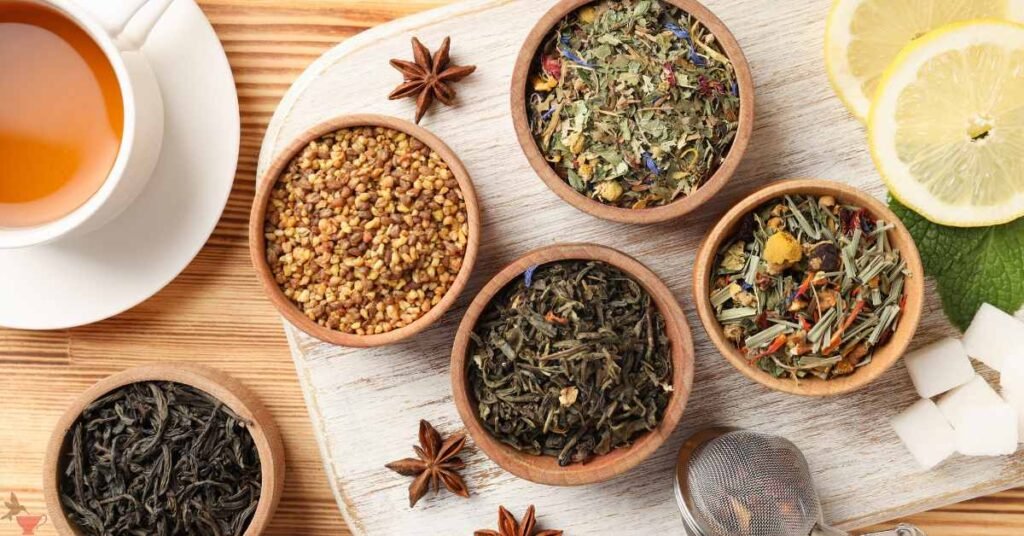When it comes to nurturing our beloved houseplants, garden beds, or outdoor landscapes, the question often arises: can tea make plants grow better than water?
This intriguing inquiry delves into the potential benefits and drawbacks of using tea as a plant beverage.
While water remains the most traditional and reliable choice for hydrating plants, tea, with its complex composition, offers an alternative that has piqued the interest of many gardening enthusiasts.
Let’s explore this topic in detail, examining the scientific basis, practical applications, and overall effects of tea on plant growth.
The Composition of Tea

Tea, derived from the leaves of the Camellia sinensis plant, is rich in organic compounds, minerals, and antioxidants.
The key components in tea that could potentially benefit plant growth include:
- Tannins: These are polyphenolic compounds that can improve soil structure and nutrient availability. However, in excess, they can also make the soil more acidic, which may not be suitable for all plants.
- Caffeine: While caffeine can act as a natural pesticide, deterring pests and certain fungal infections, its high concentration can inhibit plant growth by affecting root development and nutrient uptake.
- Minerals and Nutrients: Tea contains trace amounts of potassium, phosphorus, and nitrogen—nutrients essential for plant growth. Additionally, it has micronutrients like manganese and zinc that support various plant functions.
- Antioxidants: Compounds such as catechins and flavonoids, which are abundant in tea, have been suggested to enhance plant stress resistance and promote overall health.
Tea as a Fertilizer
Many gardeners use diluted tea as a natural fertilizer.
This practice involves brewing a weak tea solution and applying it to plants, either as a foliar spray or directly to the soil.
The reasoning behind this is that the nutrients in tea can supplement those found in regular plant fertilizers, offering a mild, organic boost.
However, the effectiveness of tea as a fertilizer largely depends on the type of tea used, its concentration, and the specific needs of the plant.
Types of Tea and Their Effects
- Black Tea: High in tannins and caffeine, black tea can help improve soil texture but should be used sparingly due to its potential to alter soil pH levels.
- Green Tea: Rich in antioxidants and lower in tannins than black tea, green tea can offer a balanced nutrient boost without significantly affecting soil acidity.
- Herbal Tea: Often caffeine-free and composed of various herbs, these teas can vary widely in their effects. For instance, chamomile tea has antifungal properties, while peppermint tea can act as a natural pest deterrent.

Practical Applications and Considerations
Using tea as a supplement to water involves several practical considerations.
Firstly, it’s crucial to ensure that the tea is properly diluted.
A strong tea solution can be detrimental to plants, potentially causing root burn or altering soil chemistry unfavorably.
Typically, a ratio of one part tea to ten parts water is recommended for a safe and beneficial mix.
Secondly, it’s important to consider the type of plants being treated.
Acid-loving plants, such as azaleas, blueberries, and gardenias, might benefit more from tea’s natural acidity.
Conversely, plants that prefer neutral to alkaline soil conditions might not respond well to frequent tea applications.
Moreover, the frequency of application matters. Occasional use of tea can provide a nutrient boost, but overuse can lead to soil imbalances.
A balanced approach, integrating tea with regular watering and fertilization routines, tends to yield the best results.
Scientific Studies and Anecdotal Evidence

Scientific research on the use of tea in horticulture is still relatively limited, but several studies offer insights into its potential benefits.
For example, a study published in the “Journal of Plant Nutrition” found that tea extracts can promote root elongation and enhance resistance to certain soil-borne pathogens.
Another research article in the “International Journal of Agricultural and Biological Engineering” highlighted the role of green tea compost in improving soil microbial activity and nutrient availability.
Anecdotal evidence from gardeners and horticulturists also supports the idea that tea can be a valuable addition to plant care routines.
Many report healthier, more vibrant plants after incorporating diluted tea into their watering schedules.
However, as with any gardening practice, individual results can vary widely based on numerous factors, including soil type, climate, and plant species.
Potential Drawbacks
While the benefits of tea for plant growth are appealing, there are potential drawbacks to consider.
The acidity of tea can be problematic for plants that thrive in neutral or alkaline soils.
Over-application of tea, especially those high in caffeine, can lead to growth inhibition or toxicity. Additionally, not all plants respond positively to tea, and its effects can be inconsistent.
Another concern is the presence of residual sugars and flavorings in some commercial teas, which can attract pests and promote mold growth.
It’s advisable to use pure, unflavored teas without additives for gardening purposes.
Final Word

In conclusion, tea can indeed offer benefits to plant growth, providing a mild, organic source of nutrients and antioxidants.
However, it is not a one-size-fits-all solution and should be used with care and consideration.
While tea can complement traditional watering and fertilization practices, it is essential to monitor plant responses and adjust applications accordingly.
Water remains the fundamental necessity for plant hydration and growth, but tea can be a valuable supplementary tool in the gardener’s arsenal.
By understanding the composition of tea and its effects on different plants, gardeners can make informed decisions to enhance their plant care routines.
Whether you’re nurturing a small indoor garden or cultivating a larger outdoor space, experimenting with tea might just offer that extra boost your plants need to thrive.
MEDICAL DISCLAIMER
Itsnevernotteatime.com cannot and does not contain medical/health advice. The medical/health information is provided for general and educational purposes only and is not a substitute for professional advice.




